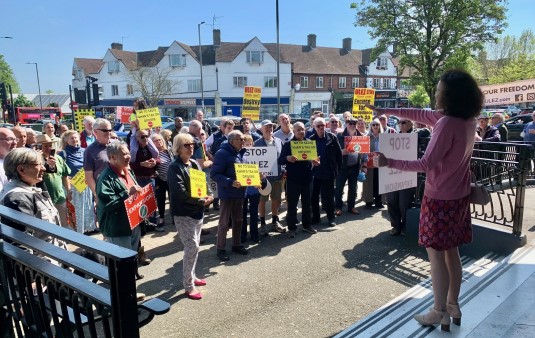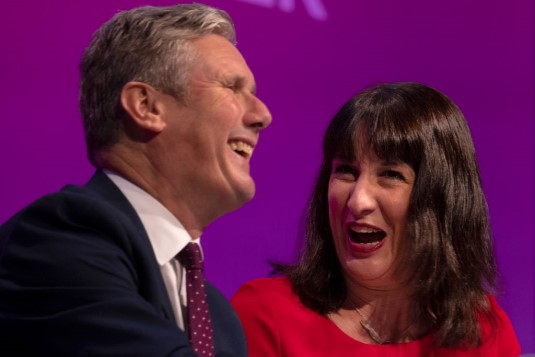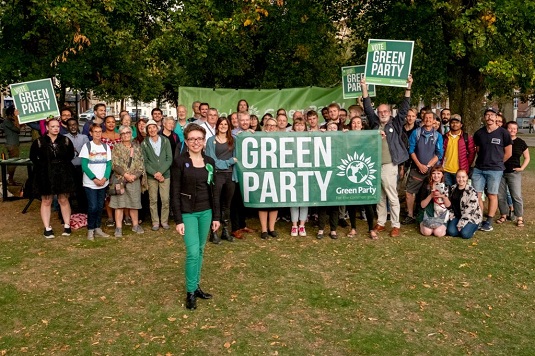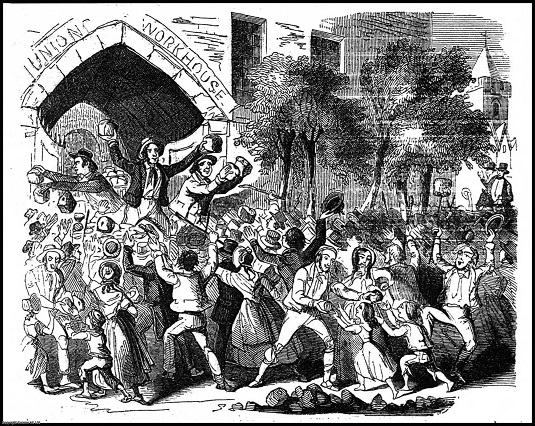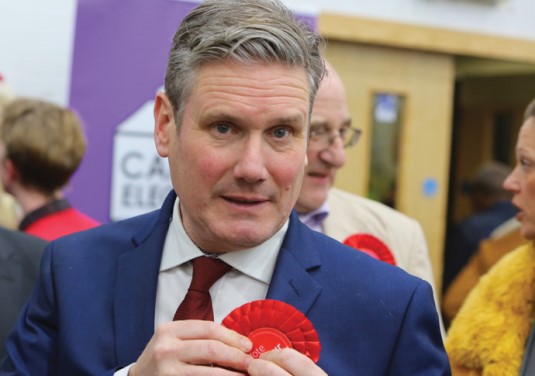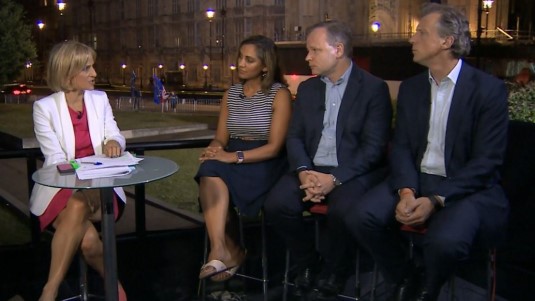
Starmer will undoubtedly ignore this missive. After all, his shadow chancellor is also an expert and her background in Bank of England/Treasury orthodoxy dovetails with the priorities of the press and the oligarchs the Labour leadership have spent all summer courting. But this is storing up very big problems for Labour on the other side of the election.
As argued here many times before, Starmer's acceptance of Tory framing across all the important policy areas as defined by the right wing press neutralises hysterical attacks from them now, but isn't giving people anything to vote for. At this rate Labour are on course to win the next general election simply because they're not the Tories, not thanks to any positive policy agenda. And when in office he proceeds to govern the country along these same lines, albeit with a bit of tinkering here and there, viable electoral alternatives are primed and ready to go. As will be the inevitable, right wing petty bourgeois street movements in the absence of a credible Tory opposition.
There is another problem. Starmerism's immediate base is within the state machinery, and outside of that it is the professional managerial class. Again, there is nothing particularly startling or innovative about this. From its beginning, the Labour Party was an alliance between the organised working class and the middle class. For the last 120 years, the ancestors of Starmer's base have voted Labour, joined Labour, campaigned for Labour, and have intellectually and politically dominated Labour. During the Corbyn years, while many of what Dan Evans calls the downwardly mobile professional managerial class (i.e. graduates without graduate jobs) also attached themselves to Labour, not all of this strata flounced out for adventures with Change UK and the second referendum campaign. Corbynism appealed not just because its programme meant better pay and properly funded public services, it held out the promise of properly utilising their talents and skills to rebuild a Britain worth living in.
And here's where Starmer's difficulties lie. His biggest supporters are to be found in the professional managerial class, but that enthusiasm is by no means universal. Indeed, Labour appear more concerned with antagonising those in the public sector on behalf of imaginary voters. The shadow health secretary enjoys attacking the medical professions while Starmer himself talks vaguely about reform with no spending commitments. Not what senior NHS administrators want to hear either. In higher education with its academics, managers, and the next generation of professionals, we've seen the scrapping of pledges made. For local government, schools and FE, the civil service, even the police, there are no commitments to fix the messes the Tories have created. No movement on pay, and no vision of national renewal in which the professional managerial class could positively locate themselves. All Starmer wants to be seen offering is more of the tiresome, soul-sapping same. And that's before we mention how many of them have taken strike action over the last year and aren't about to abandon the picket lines just because Labour are in office.
What this means is, again, most of this strata will vote Labour when the election comes round. But it will be without enthusiasm in the absence of offering them something more than top down restructuring that ties them up with more bureaucracy while funnelling more state money into corporate coffers. As I said, Starmer will likely ignore the concerns of the economists, but what they're articulating is a deep unease across his natural base. If he continues alienating those who should be in his pocket, any government he leads will hit the buffers very quickly.
Image Credit
